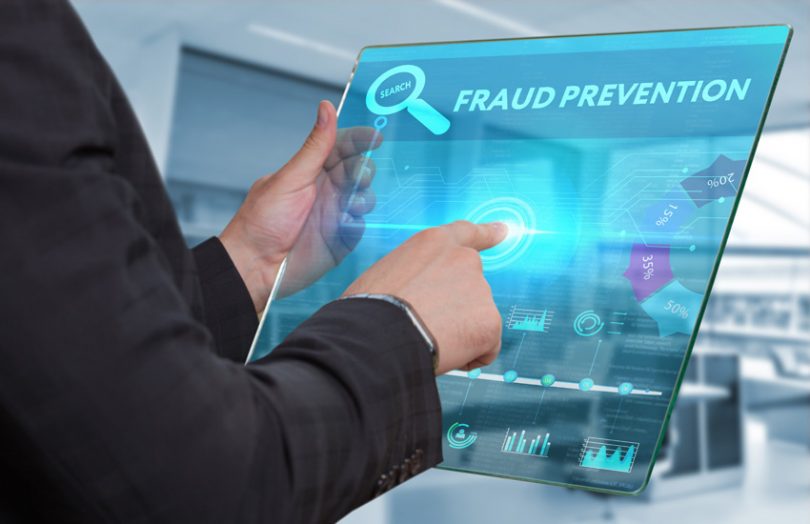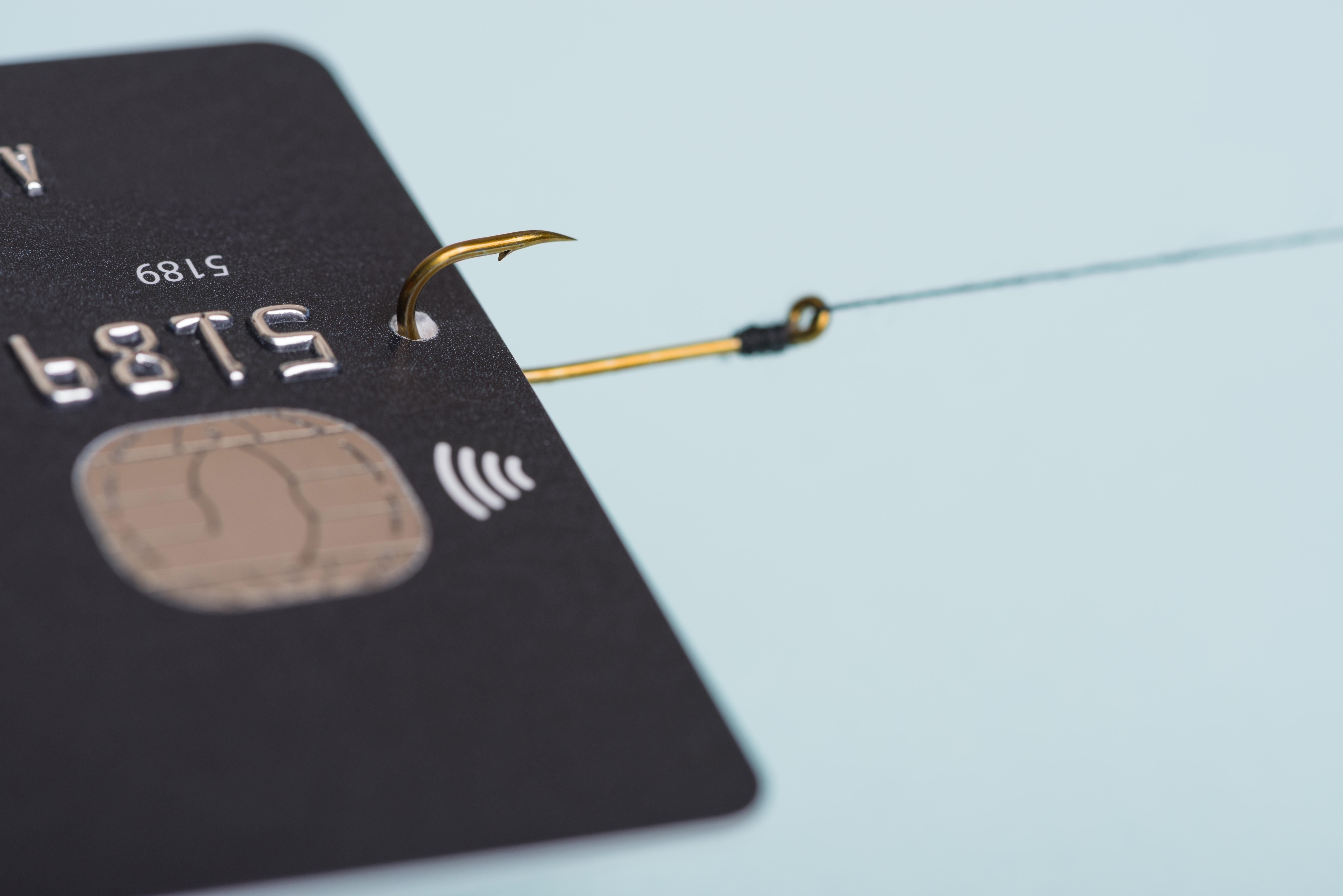The Role of Blockchain in Preventing Fraud and Ensuring Compliance

Blockchain technology, with its decentralized and immutable nature, offers significant potential in preventing fraud and ensuring compliance. Its distributed ledger system creates a secure and transparent record of transactions, making it difficult to manipulate or alter data.

Fraud Prevention:

- Enhanced Verification: Blockchain enables seamless verification of transactions by storing proof of identity on the immutable ledger. This reduces the risk of fraudsters creating fake identities or impersonating legitimate users.
- Traceability and Auditability: Every transaction on the blockchain is recorded and traceable, allowing regulators to easily audit and identify any irregular activities. This creates a deterrent for potential fraudsters.
- Immutable Records: Data stored on the blockchain cannot be tampered with, reducing the potential for fraudulent transactions or the manipulation of financial records.
Compliance Assurance:
- Transparent Reporting: Blockchain provides a single, transparent source of truth for all transactions, facilitating easy access to compliance-related data for regulators and auditors.
- Automated Regulatory Checks: Smart contracts can be programmed to enforce compliance rules automatically, eliminating the risk of human error or intentional violations.
- Compliance Reporting: Compliance-related data can be easily extracted from the blockchain, streamlining the preparation of compliance reports and ensuring timely submissions.
Additional Benefits:
- Increased Trust: Blockchain’s immutability and transparency foster trust among stakeholders, reducing the need for costly third-party verification processes.
- Reduced Costs: Automated processes and simplified compliance procedures can significantly reduce compliance-related costs for businesses.
- Enhanced Security: Blockchain’s decentralized nature and cryptographic security measures protect against data breaches and unauthorized access, safeguarding sensitive information.
In conclusion, blockchain technology provides robust solutions for preventing fraud and ensuring compliance. By creating a secure and transparent digital ledger, it empowers regulators and auditors with comprehensive and verifiable data, reduces the risk of data manipulation, and automates compliance checks. As blockchain adoption continues to grow, its impact on fraud prevention and compliance assurance is expected to become even more pronounced.## The Role of Blockchain in Preventing Fraud and Ensuring Compliance
Executive Summary
Blockchain technology, widely known for its secure and transparent, distributed ledger, is revolutionizing the way businesses and industries operate. Its unique characteristics make it an effective deterrent against fraud and a reliable solution for compliance. This comprehensive article delves into the crucial role blockchain plays in preventing fraud and ensuring compliance, exploring its benefits, applications, and potential impact on various sectors.
Introduction
Fraud and non-compliance have plagued businesses and organizations, resulting in substantial financial losses and reputational damage. Traditional methods of detection and prevention are often inefficient and prone to manipulation. Blockchain technology, with its immutability, traceability, and decentralized architecture, offers a groundbreaking solution.
Preventing Fraud
Enhanced Security
- Cryptography and Consensus Mechanisms: Blockchain uses advanced cryptography and consensus algorithms to secure data and prevent malicious actors from tampering with transactions.
- Immutability: Once recorded on the blockchain, transactions are immutable, creating an auditable trail that cannot be altered or deleted.
- Decentralization: The distributed nature of blockchain reduces the risk of single points of failure and eliminates the possibility of a central authority being compromised.
Traceability and Transparency
- Tracking Transactions: Every transaction on a blockchain is recorded and linked, providing a complete history of activities that can be easily tracked and verified.
- Provenance Verification: Blockchain enables the verification of the origin and ownership of assets, preventing counterfeiting and fraud related to provenance.
- Transparency: The open and transparent nature of blockchain allows participants to monitor transactions and activities, reducing opportunities for fraudulent practices.
Ensuring Compliance
Regulatory Compliance
- Smart Contracts: Self-executing smart contracts automatically enforce predefined rules and agreements, ensuring compliance with regulations and standards.
- Auditable Records: Blockchain provides an immutable and auditable record of all transactions, simplifying compliance audits and reducing the risk of non-compliance.
- Data Privacy: Blockchain’s decentralized architecture protects sensitive data from unauthorized access, ensuring compliance with privacy regulations.
Supply Chain Compliance
- Provenance Tracking: As discussed earlier, blockchain enables the tracking of the provenance of goods, ensuring compliance with ethical sourcing and supply chain regulations.
- Transparency: The transparency of blockchain allows all stakeholders to monitor the movement of goods, reducing the risk of fraud and non-compliance in supply chains.
- Traceability for Recalls: In case of product recalls, blockchain’s traceability feature helps identify and trace affected products quickly and efficiently, minimizing risks and ensuring compliance.
Conclusion
Blockchain technology has emerged as a powerful tool in the fight against fraud and non-compliance. Its inherent security, traceability, and decentralized architecture make it an effective solution for businesses and organizations of all sizes. By implementing blockchain, businesses can enhance data security, promote transparency, streamline audits, and reduce the risk of costly fraud and compliance-related issues. Embracing blockchain technology is a vital step towards creating a more secure and compliant business environment.
Keyword Tags
- Blockchain
- Fraud Prevention
- Compliance
- Security
- Traceability
FAQs
-
How does blockchain prevent fraud?
Blockchain’s cryptography, consensus mechanisms, immutability, and decentralization work together to enhance security, reduce the risk of tampering, and provide an auditable trail. -
How does blockchain ensure regulatory compliance?
Smart contracts can enforce compliance with regulations, and blockchain’s immutable records simplify audits and enhance transparency, ensuring adherence to data privacy laws. -
How does blockchain benefit supply chain compliance?
Blockchain allows for efficient provenance tracking, increases supply chain transparency, and facilitates traceability in case of product recalls, promoting compliance with ethical sourcing and regulatory requirements. -
Is blockchain technology secure?
Yes, blockchain’s advanced cryptography, consensus algorithms, and decentralized architecture make it highly secure, preventing unauthorized access and malicious tampering. -
How can businesses implement blockchain for fraud prevention and compliance?
Businesses can collaborate with technology providers to develop and implement blockchain solutions tailored to their specific needs, leveraging its benefits for fraud prevention and compliance.
